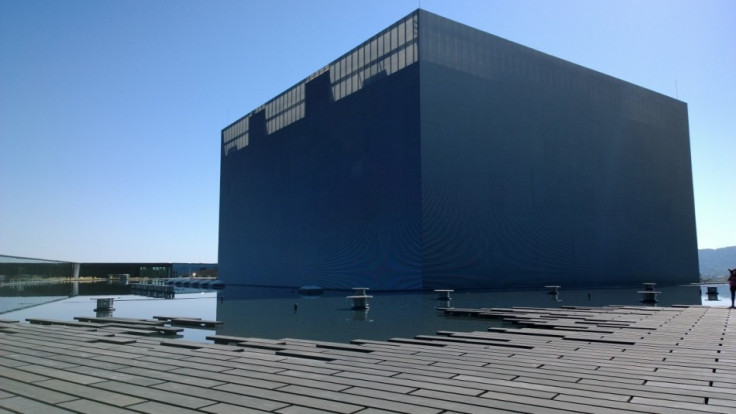Data centre hard drives are more likely to fail due to humidity rather than temperature

Researchers from Rutgers University, Microsoft and GoDaddy have found that relative humidity plays a far more important role in preventing discs from failing than temperature does.
Data centres are buildings where large groups of networked computer servers are stored. They are essential for hosting millions of websites, as well as the IT infrastructure of many companies. It is expensive to maintain the optimal temperature within a data centre, and now more and more data centre owners are looking to free cooling – also known as natural cooling.
Free cooling is when the data centre harnesses natural air in the atmosphere around the building to help chill water, which can then be used to cool parts of the data centre, such as helping to power air conditioning systems.
However, although IT professionals warn that data centre owners need to be careful about how much humidity they let in through the natural air, until now it has not been clearly determined exactly how environmental conditions impact the reliability of the server hard drives.
So the researchers decided to look at data collected by nine hyperscale data centres in the world over four years, and they found that relative humidity is actually the dominant factor in component failure. Disk failures in particular increase significantly when the servers are operated at a high relative humidity.
When comparing the data between different data centres using free cooled versus chiller technologies, the researchers found that the data centre using free cooling that was running its servers at a cooler temperature than the other data centre seemed to have a two-fold increase in controller and connectivity errors due to its higher relative humidity.
The higher relative humidity was found to increase the incidence of disk controller and connectivity errors as the controller board and the disk adaptor were exposed to condensation and the effects of corrosion.
The researchers also found that the disks that failed seemed to do so in the second year of their lifespan, which suggests that the disks did not fail simply because they had been exposed to the high humidity, but because of repeated exposure to the humidity when the second summer rolled around.
"Based on our experience and observations, we conclude that high relative humidity degrades reliability significantly, having a much more substantial impact than temperature or temperature variation. Thus, the design of free cooled data centres and their servers must consider the relative humidity to which components are exposed as a first-class issue," the researchers conclude in their report.
"Organisations that operate data centres with different cooling technologies in multiple geographies can select the conditions under which their services strike the right tradeoff between energy consumption, hardware reliability, cost, and quality of service."
The study, entitled "Environmental Conditions and Disk Reliability in Free-cooled Datacenters" was presented at the 14th USENIX Conference on File and Storage Technologies (FAST '16) from 22-25 February in Santa Clara, California.
© Copyright IBTimes 2024. All rights reserved.






